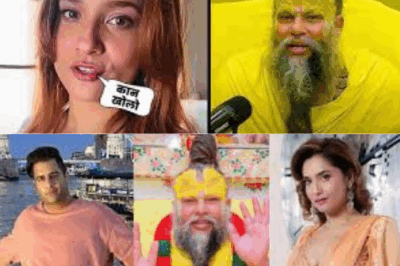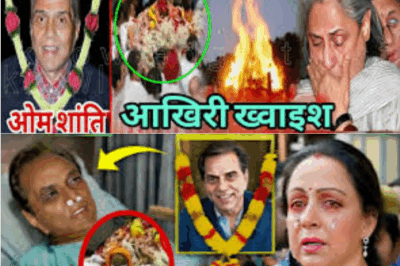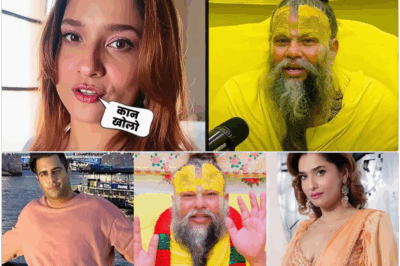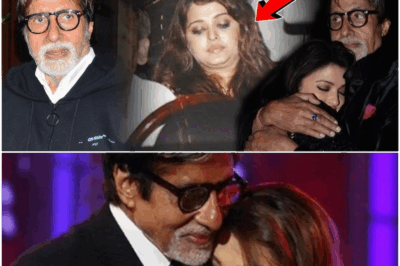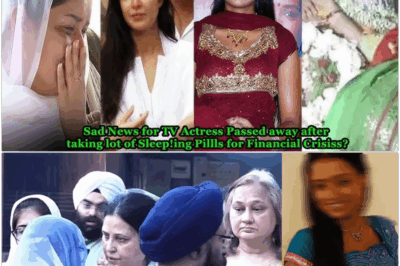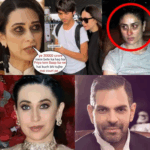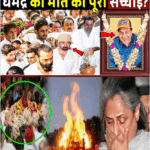Will there be emergency like situation on 5th August? Army will come to stop Rahul Gandhi!
India is currently witnessing one of the most politically intense moments in recent memory. With the Monsoon Session of Parliament underway and Bihar emerging as a hotbed of political agitation, the nation is on edge. At the heart of this turbulence lies a storm brewing around the Election Commission (EC), as opposition leader Rahul Gandhi prepares for a major exposé scheduled for August 5 in Bengaluru. Against this volatile backdrop, two unannounced yet highly consequential meetings have taken place—first, Prime Minister Narendra Modi, and then Union Home Minister Amit Shah, met separately with President Droupadi Murmu on the same day. The silence surrounding the agenda of these meetings has only deepened public curiosity and political speculation.
The optics of these meetings alone are significant. It is rare for the two most powerful figures in the Indian government to visit the President within hours of each other—yet with no official statement issued by either the Rashtrapati Bhavan or the Prime Minister’s Office, the purpose remains shrouded in mystery. This has triggered widespread debate in political circles, media, and across social media platforms. Are these meetings mere protocol, or are they indicative of a much larger political strategy in motion?
What has intensified the discussion is Rahul Gandhi’s public declaration that he is ready to drop a political “bombshell” against the Election Commission. According to Gandhi, he now possesses concrete evidence proving that the EC is not only acting with bias but actively manipulating the electoral mandate. He claims that the EC is undermining democratic values by enabling voter fraud on a systemic level. These are no ordinary accusations; if substantiated, they threaten to shake the very foundation of India’s democratic process.
In light of this, the timing of Modi and Shah’s meetings with the President cannot be dismissed as coincidence. The nation is left asking: Are these preemptive moves to counter Gandhi’s claims? Could a significant legal or constitutional decision be in the pipeline? Is the government attempting to prepare for a possible national or institutional crisis?
Political analysts are divided on the implications. Some argue that the government could be considering new legislation, possibly even constitutional amendments, to safeguard the electoral machinery or to counter the opposition’s aggressive stance. Others suggest that the government might be contemplating a more dramatic political maneuver—perhaps even emergency powers—if the situation escalates.
Speculation has further been fueled by the fact that these high-level meetings are taking place at a time when the credibility of the Election Commission is under direct threat. The EC has been a pillar of India’s democratic framework, and any compromise in its functioning would be unprecedented. Should Rahul Gandhi produce compelling evidence, it could trigger mass protests, legal petitions, and even international scrutiny. Hence, the theory that the government is trying to mitigate or manage the fallout in advance seems increasingly plausible.
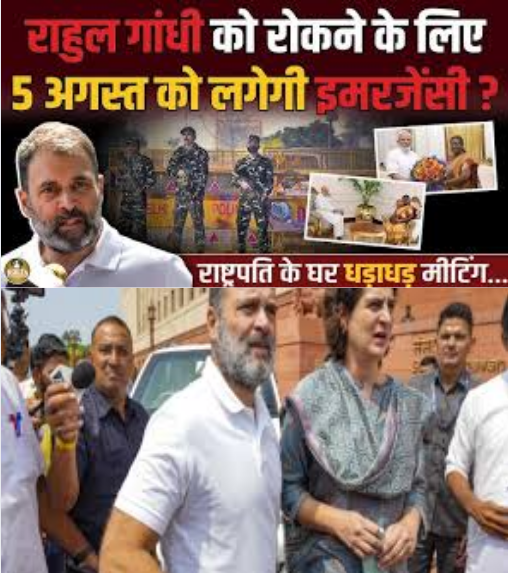
Another layer to this evolving political drama is the upcoming Vice-Presidential election. Inside sources suggest that the ruling party is facing resistance from within its own ranks, particularly among MPs with close ties to the Rashtriya Swayamsevak Sangh (RSS). There is talk of potential cross-voting and internal dissent that could jeopardize the ruling party’s candidate. This has reportedly led to friction between the government and the RSS, with the latter pushing for a candidate of its own choice. Given that the Vice President also functions as the Chairman of the Rajya Sabha, the stakes are high, and the ruling party would prefer someone who aligns with its legislative agenda.
The President’s role, while largely ceremonial, gains enormous importance during periods of constitutional or political crisis. Should there be any question of dissolving the Lok Sabha, declaring emergency, or instituting major legal reforms, the President’s approval is critical. The back-to-back meetings thus raise questions about whether the government is laying the groundwork for unprecedented political action.
Meanwhile, the opposition is not sitting quietly. The Congress party, emboldened by the momentum of public support and the controversies surrounding the EC, is preparing for a state-wide march in Bihar. This padyatra is being positioned as a grassroots movement to mobilize public opinion against what the opposition terms as the government’s “authoritarian overreach.” Rahul Gandhi’s explosive claims could serve as the emotional and political catalyst for this movement, aiming to unify various opposition factions ahead of the next general election.
On social media, speculation has turned into a frenzy. One user asked whether India was on the brink of an official emergency and if these meetings were the last attempt to shield the Election Commission from Rahul Gandhi’s so-called “atom bomb.” Others have pointed out that not even during previous high-stakes operations—such as the controversial abrogation of Article 370 or the implementation of CAA/NRC—were such separate and secretive meetings held between the President and the two most powerful figures of the executive.
There is also concern that these developments might be laying the foundation for weakening the voice of the opposition in Parliament. The opposition has already accused the government of limiting their space within democratic institutions, from denying discussion time to suppressing debates on critical issues. If a situation arises where the EC is discredited and new laws are rushed through Parliament without proper scrutiny, it could deepen public distrust in democratic processes.
Moreover, this political conflict arrives at a time when Bihar, a politically sensitive state, is nearing elections. With caste dynamics, alliance politics, and corruption scandals already making headlines, the EC’s integrity is crucial. Any perceived bias or failure of the EC could irreparably damage its legitimacy, not only in Bihar but across India.
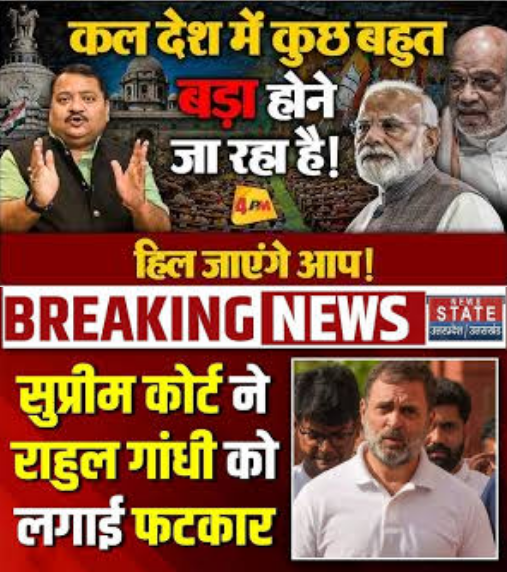
The larger question that emerges from all this is: What lies ahead for Indian democracy? Is the government preparing to neutralize a political threat, or is it genuinely attempting to safeguard the democratic framework from destabilization? Is the opposition on the brink of revealing a major institutional scandal, or is this merely political theater aimed at influencing public perception?
Until official clarification emerges from the government or Rashtrapati Bhavan, the public is left navigating a dense fog of speculation and unanswered questions. One thing is certain, though: India stands at a political crossroads. The actions taken—or not taken—in the coming days will have long-term implications for the country’s democratic health, institutional integrity, and political stability.
In this atmosphere of uncertainty and rising tensions, transparency becomes not just a virtue but a necessity. Whether or not Rahul Gandhi’s allegations hold water, the Election Commission must respond with clarity. The government, too, owes it to the people to explain the nature and purpose of these high-level meetings. Otherwise, silence may only deepen mistrust and lead to a further erosion of public faith in democratic institutions.
The coming days, especially around the much-anticipated August 5 event in Bengaluru, will likely determine the direction of Indian politics for the foreseeable future.
Play video :
News
Ankita Lokhande Solid Reply Trolls Targeting Premanand Maharaj
Ankita Lokhande Solid Reply Trolls Targeting Premanand Maharaj In the age of digital amplification, religious leaders and spiritual figures are…
Oh God 😭 Dharmendra died suddenly 😭? Even his last wish remained unfulfilled? Dharmender Funeral video
Oh God 😭 Dharmendra died suddenly 😭? Even his last wish remained unfulfilled? Dharmender Funeral video Dharmendra Singh Deol, a…
Ankita Lokhande’s Defiant Stand: Defending Premanand Maharaj Amidst Social Media Outrage
Ankita Lokhande’s Defiant Stand: Defending Premanand Maharaj Amidst Social Media Outrage The Indian social media landscape is no stranger to…
Shura Khan flaunting big Baby Bump right before her Delivery with Arbaaz Khan with her Baby Boy!
Shura Khan flaunting big Baby Bump right before her Delivery with Arbaaz Khan with her Baby Boy! . . ….
Aishwarya who considers Amitabh as her enemy? Has she forgotten what he did for her? Amitabh Aish
Aishwarya who considers Amitabh as her enemy? Has she forgotten what he did for her? Amitabh Aish . . ….
Shockwaves in Showbiz: The Tragic Death of San Rachel Ignites Urgent Conversations on Mental Health and Financial Pressure
Shockwaves in Showbiz: The Tragic Death of San Rachel Ignites Urgent Conversations on Mental Health and Financial Pressure The Indian…
End of content
No more pages to load

